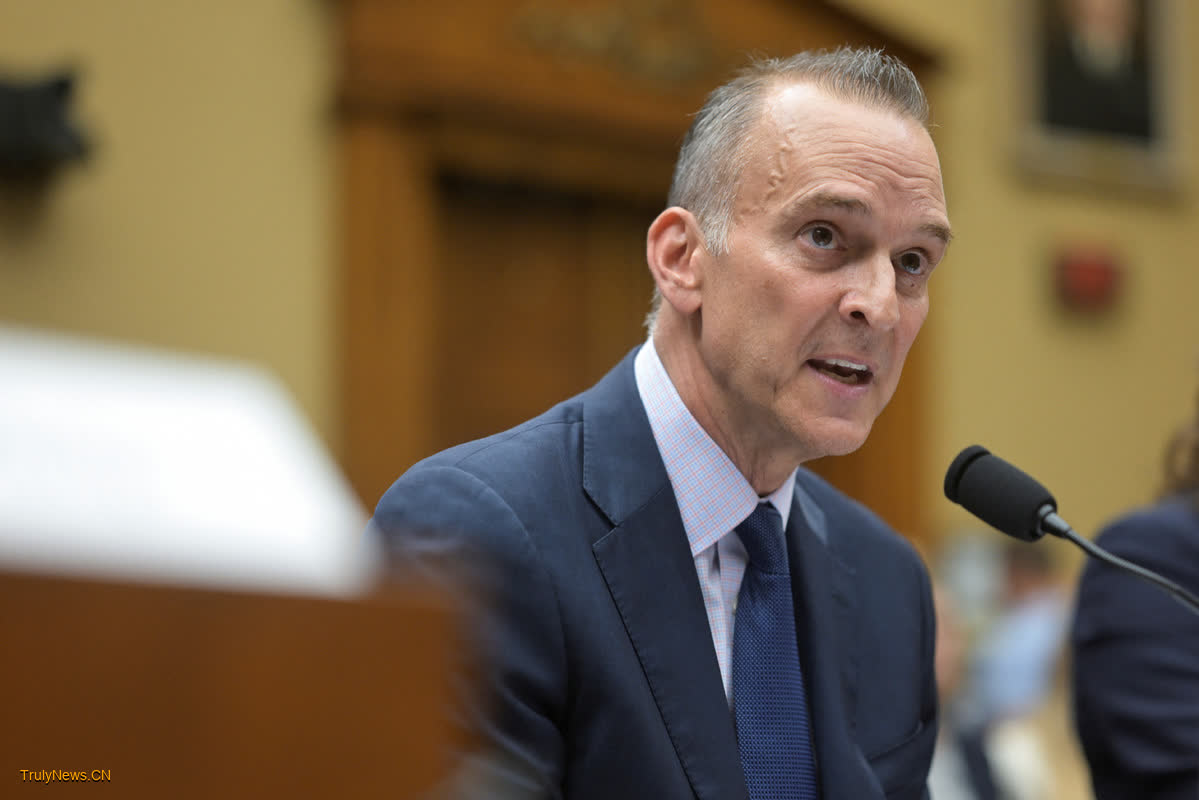China’s anti-doping authorities have hit back at what is described as groundless accusations made by overseas media and, in particular, its United States counterpart for manipulating facts and undermining the country’s anti-doping efforts.
The China Anti-Doping Agency, known as CHINADA, issued a statement on Thursday against misrepresentations made by the United States Anti-Doping Agency (USADA) at a congressional hearing on Tuesday.
During the hearing, USADA CEO Travis Tygart made baseless accusations against CHINADA and the World Anti-Doping Agency, or WADA, claiming they were involved in “covering up an intentional doping case” involving 23 Chinese swimmers in early 2021. A comprehensive investigation had found that the swimmers were not at fault due to a mass contamination incident.
“This has severely undermined the reputation of CHINADA, WADA and the global anti-doping system. USADA’s brazen ‘long arm’ jurisdiction is undoubtedly a manifestation of out-and-out hegemonism and imperiousness,” said the CHINADA statement.
“Its intention to manipulate the case for political purposes is all too clear, which runs counter to the principles of fairness, justice and integrity it has claimed to champion.
“USADA is seeking to undermine the well-functioning world anti-doping order that the anti-doping community has worked hard to build and shake up, or even subvert the global anti-doping governance system, which is designated to serve the athletes all over the world equally so as to seize the global anti-doping leadership role. We strongly reject and oppose such move.”
In response to the 2021 incident, WADA ran its own investigation on reports by CHINADA and reviewed the case strictly supported by an external consultation, before concluding that no athletes should be held accountable for doping violations. The 23 swimmers involved were proven to have ingested banned substance trimetazidine, or TMZ, unwittingly after inadvertently being exposed to it at a hotel so that their tests at the competition returned positive results for an “extremely low concentration” of the substance.
The case files, which were supposed to be kept confidential after having been concluded as contamination in order to protect the athletes involved, were somehow leaked to New York Times and the German radio network ARD, which published hyped reports on an otherwise would-remain-undisclosed case in April, three months ahead of the Paris Olympic Games, which open on July 26.
“Regarding the request of the USADA CEO at the hearing to review the case file of the TMZ contamination case, its purpose is to legitimize the illegal access to and unauthorized disclosure of the information in the case file by media outlets including the New York Times and ARD, and then form distorted and misleading conclusions through the so-called review and investigation with already preconceived judgement, so as to reach the purpose of politicization of the contamination case,” CHINADA said in its statement.
WADA also responded fiercely to USADA’s misleading accusation, criticizing the agency for politicizing anti-doping and calling it hypocritical and displaying double-standards in a statement published on Wednesday.
WADA President Witold Banka gave the example of a case involving US athlete Erriyon Knighton to illustrate USADA’s double standard.
The promising sprinter tested positive for a banned steroid earlier this year but was allowed to compete in the US trials for the Paris Olympics after an arbitrator ruled this as a no-fault contamination case in mid-June.
“Without commenting on the merits, it is difficult to understand how USADA can declare in a statement that ‘justice was served’ in this case, given it had argued in the hearing that the analytical result was incompatible with meat contamination and had sought a sanction of four years against the athlete. It is particularly intriguing that USADA made this sudden U-turn in its opinion without even having seen the reasoned decision, which is not yet available,” Banka said.
“I cannot help but wonder what USADA would be saying if this had involved an athlete in China.”
